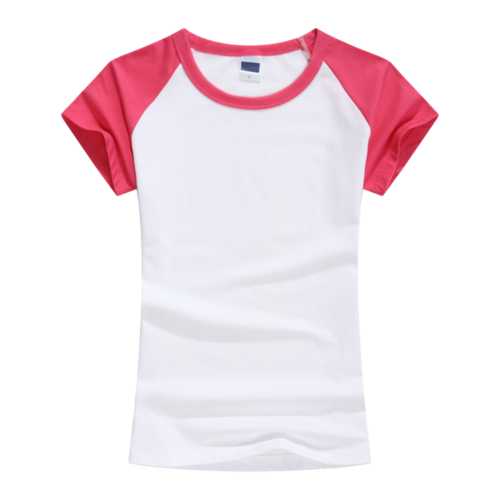The durability of clothing is an important factor to consider when choosing fabrics. Soft fabrics often require a certain level of durability to ensure the garment looks and functions well over time. Here are a few key points to understand about the durability of fabrics:
1. Fiber strength: The fiber strength of a fabric directly affects its durability. Fabrics with stronger fibers are generally more durable and can withstand forces such as tearing, abrasion and stretching. Common high-strength fibers include nylon, polyester fiber, etc.
2. Fabric structure: Fabric structure also affects the durability of the fabric. For example, tightly woven fabrics are generally more durable than loosely woven fabrics because a tighter structure provides greater strength and protection.
3. Coating: Some fabrics are coated to increase durability. For example, polyurethane coatings, PTFE membrane coatings, etc. can provide additional water resistance, stain resistance, and abrasion resistance, thereby extending the service life of the fabric.
4. Anti-wrinkle performance: The anti-wrinkle performance of fabrics is also closely related to durability. Soft fabrics often need to have some wrinkle resistance to maintain the neat appearance of the garment. Some fabrics are specially treated or have chemicals added to improve their wrinkle resistance.
5. Washing resistance: Clothes that need to be washed frequently need to choose fabrics with good washability to ensure that the fabrics remain the same after being washed many times. Good strength and appearance. It is recommended to follow the fabric’s washing instructions for proper cleaning and maintenance.
In order to understand the durability of the fabric, you can refer to the technical parameters and test reports provided by the fabric supplier, which may include tear strength, abrasion testing, friction, etc. Relevant test results. Additionally, you can increase your chances of finding durable fabrics by purchasing products from brands with good reputations.








